If you need practical help, Mind may be able to put you in touch with a welfare advisor. Mind also employs advocates who help people with mental health concerns to attend appointments, resolve work disputes and housing problems, and make benefits claims.
If you feel as if talking might help, you can refer yourself directly to an NHS talking therapies service without a GP referral. The NHS recommends cognitive behavioural therapy (CBT) for managing stress.
CBT is a common recommendation for people under stress because it focuses on current problems. That said, CBT may not be right for everyone. For example, a disadvantage of CBT is that it doesn’t explore how past experiences affect the way you cope with stress, nor will it address the social problems that can cause stress (such as inequality). Additionally, CBT may not be suitable for people with complex mental health needs, and people with learning disabilities may also struggle to benefit from it. Nevertheless, there is a good evidence basis that this form of therapy can treat ‘general stress’.
If you’re able to privately fund therapy, you can also look for private local or remote therapists using the BACP register.
Stress Management Society, the leading UK charity for stress, has half a dozen self-help resources available for free now on its website, including:
- A seven-step achievement plan
- A guide to coping with stress
- A guide to having an open conversation around mental health
- A guide to coping with loneliness
- A ‘30-day challenge’
If you have the energy to leave home and exercise, there’s emerging research that nature walks and ‘forest bathing’ can relieve stress, or at least provide a break or distraction from the source of your stress. Sport and exercise are well-evidenced to help temporarily relieve feelings of stress and can also improve mood.
Often, looking after utility bills (energy, electricity, gas and water) can be a source of stress, if you are struggling to pay your utility bill, please contact your supplier. You may also benefit from being on the Priority Services Register. This lets utility suppliers support customers who have extra communication, access, or safety needs. As well as getting more support in the event of a power cut or similar loss of supply, the register can also help you verify whether people who come to the door are from your suppliers or not. Customers who are eligible for this service include those living with mental health conditions or a disability, children under five, or those who temporarily need extra support. People who need extra support can even nominate a carer, friend or relative to receive information from the supplier instead of you.
For severe or chronic stress, or when stress makes existing mental health problems worse, it’s a good idea to let your doctor, nurse or mental health team know. The NHS advises that, if you find that self-help strategies aren’t working or that you’re struggling to cope, you should seek help from a GP.
















